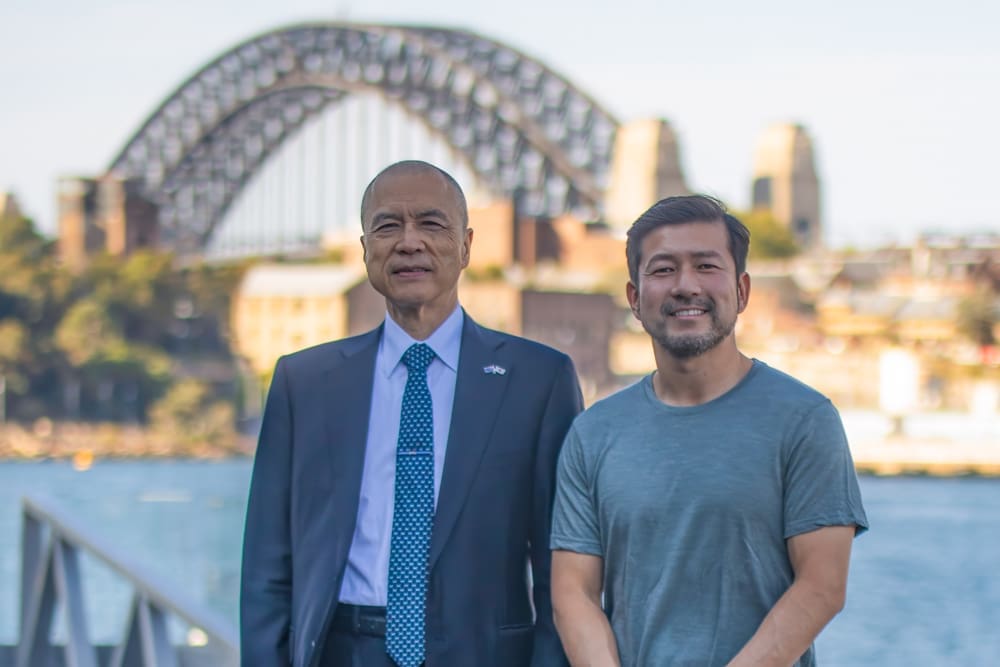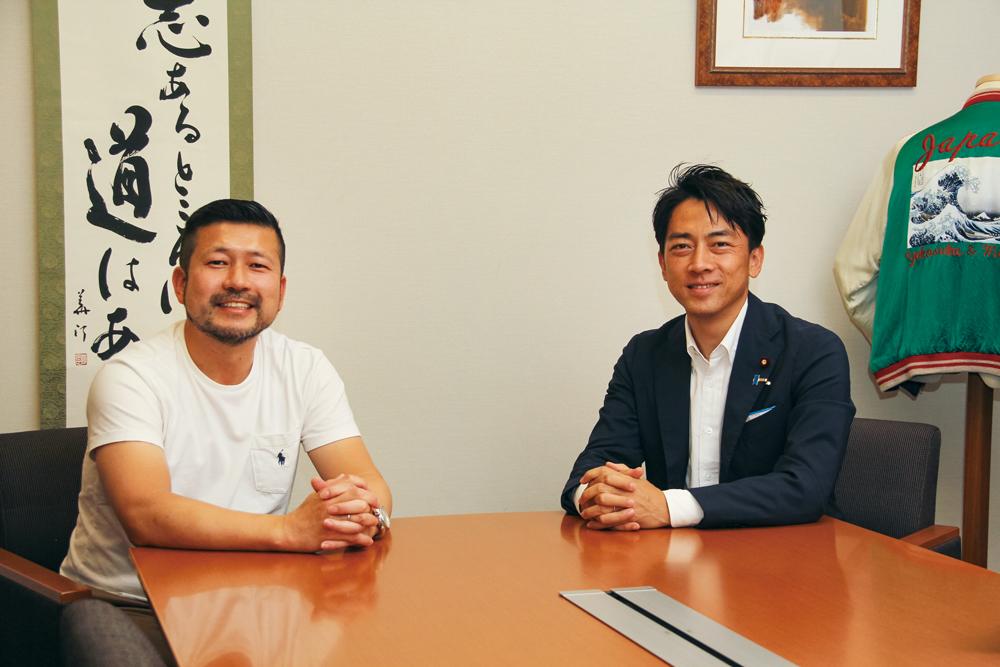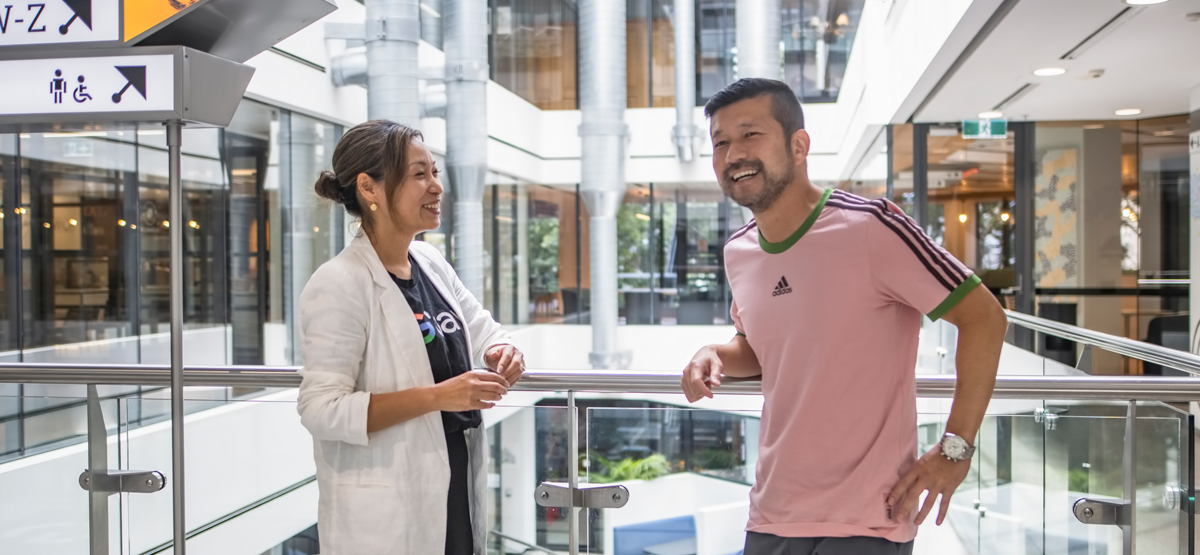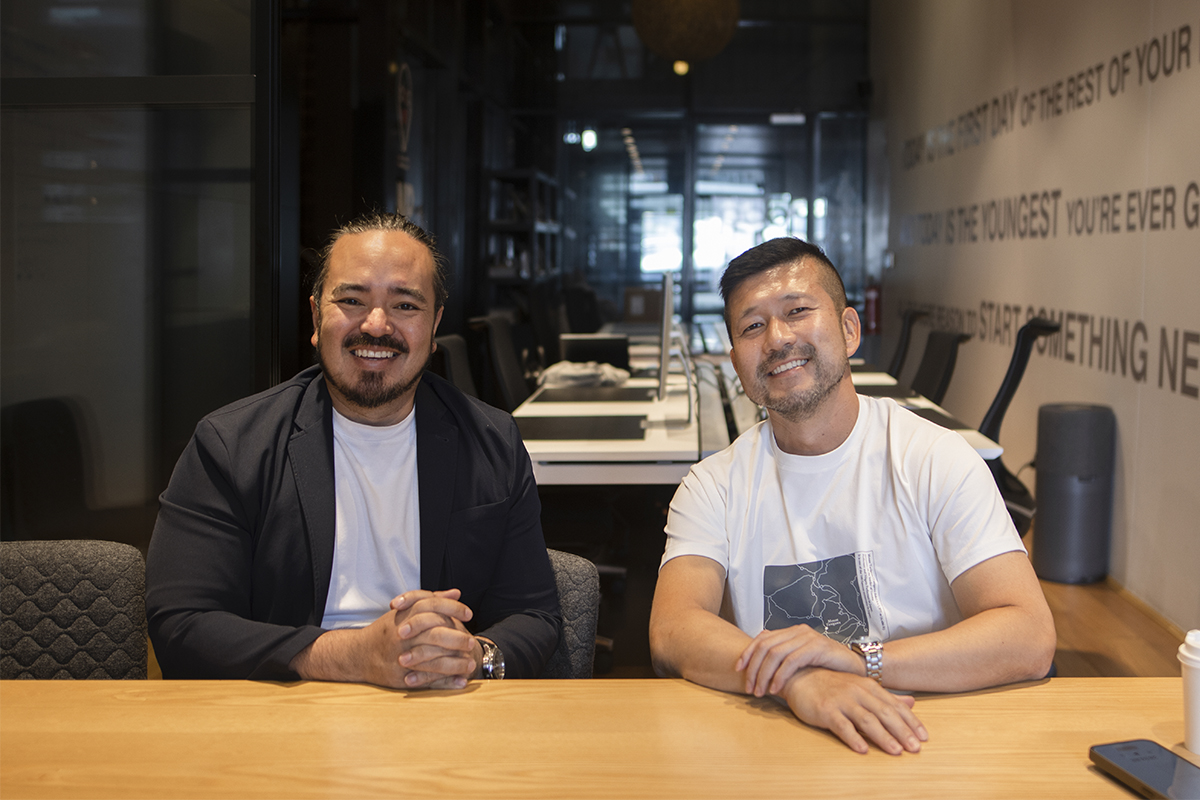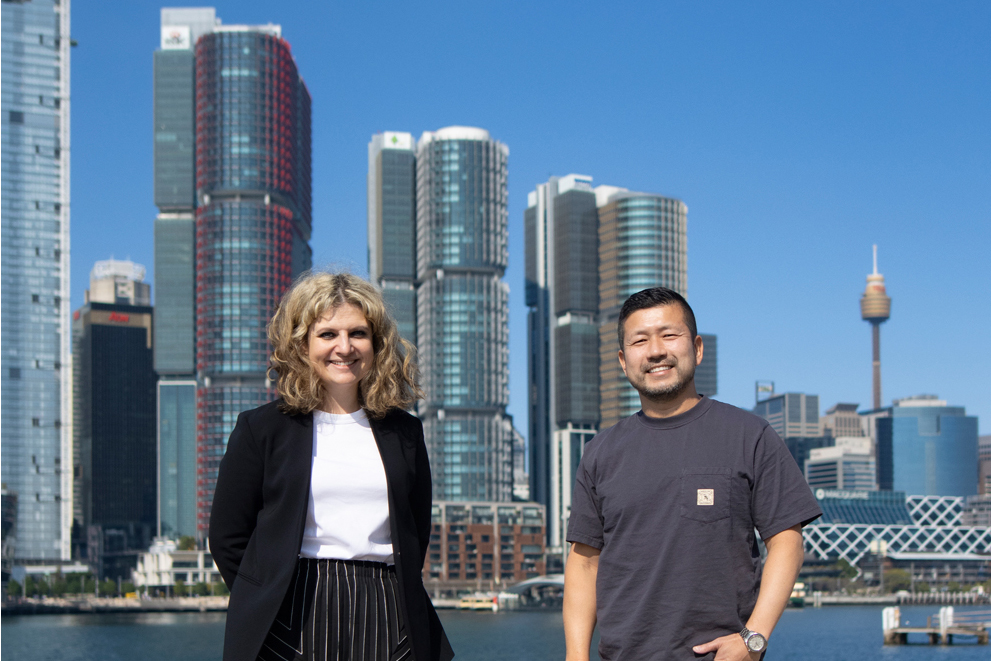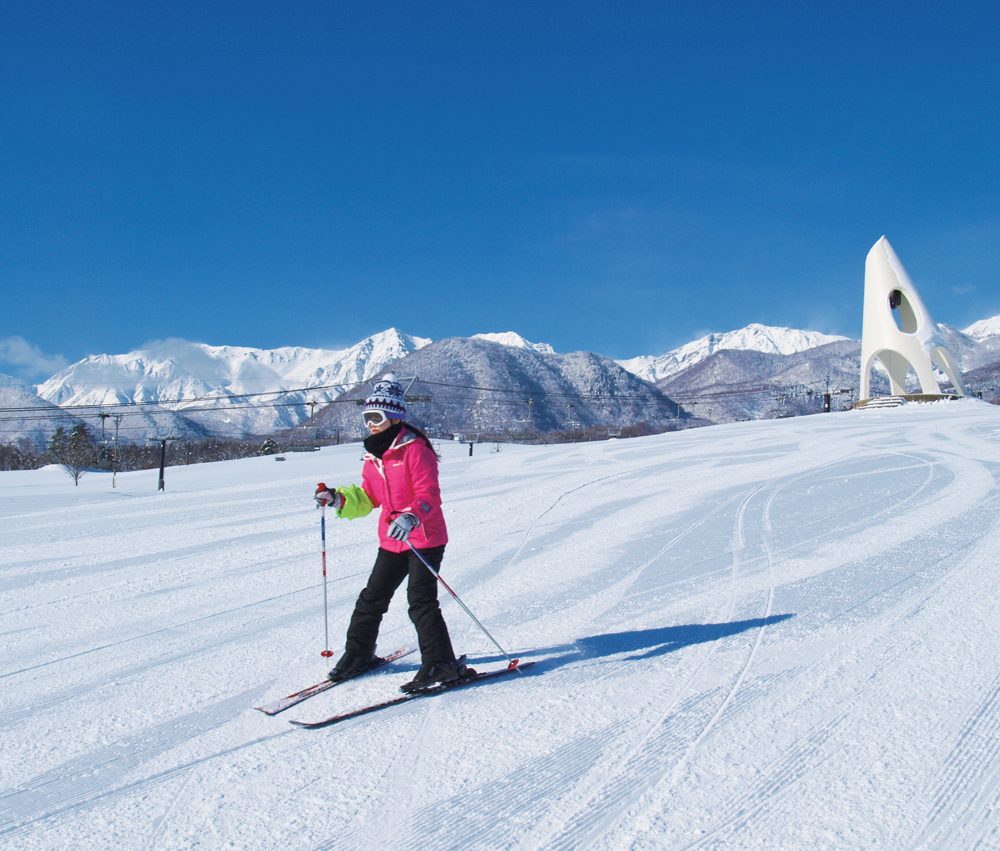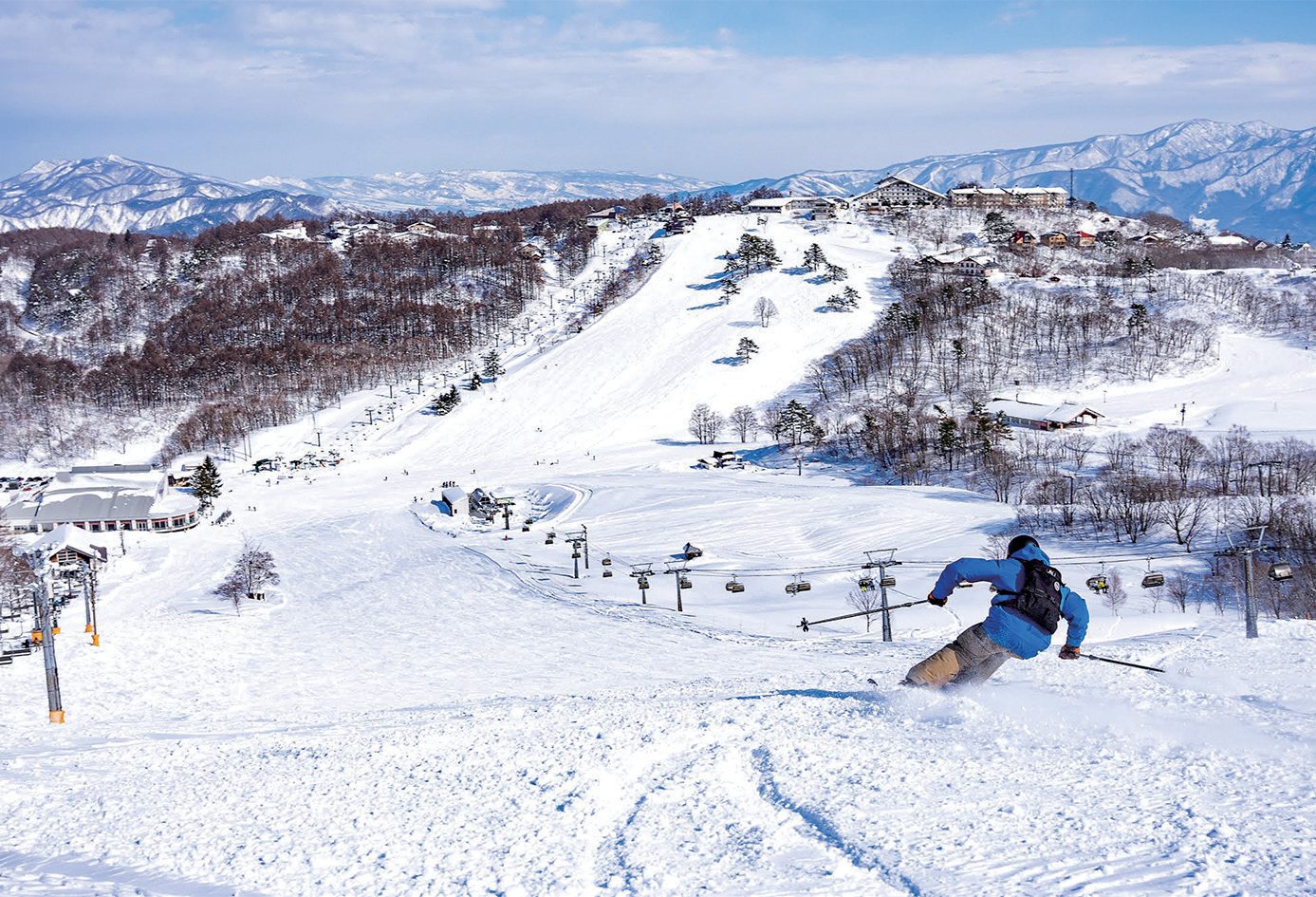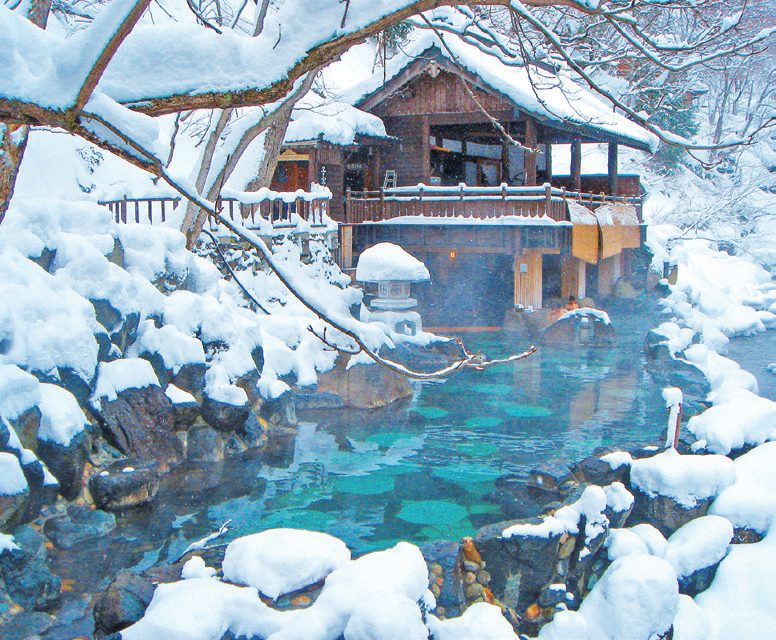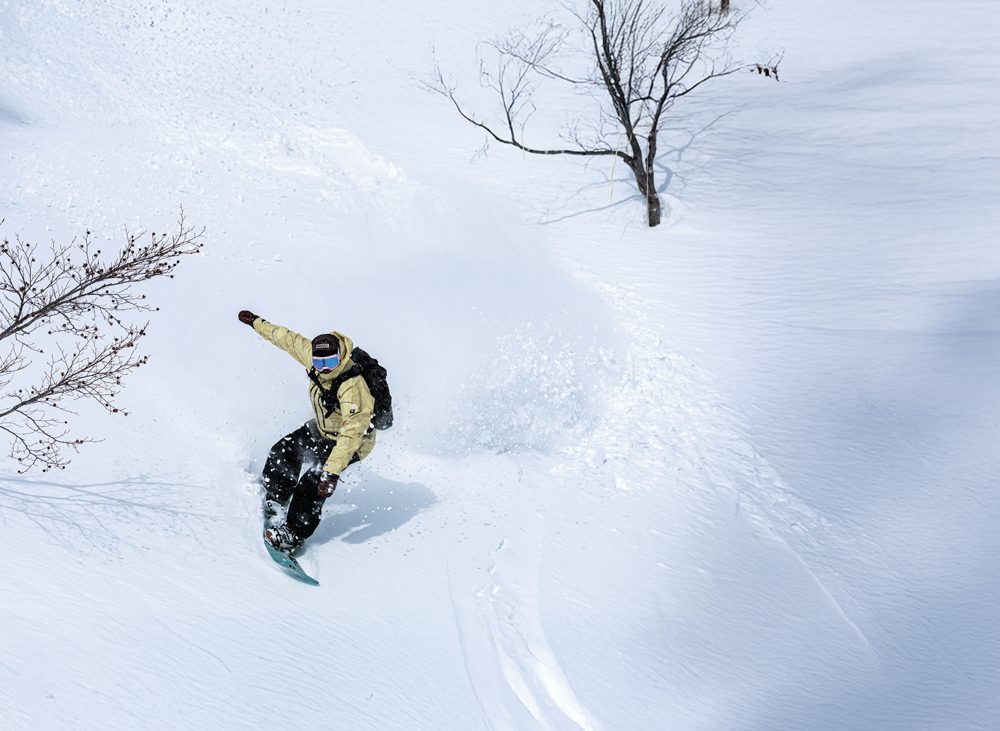
Back in May, Tokyo Olympics Judo silver medalist Funa Tonaki (Women’s Judo 48kg) came to Australia for a Judo class. Nichigo Press conducted an exclusive interview with her on 22nd of May. She opened up about her experience in the Tokyo Olympics, her approach to competition, and her unique thoughts on judo.
Interview: Keitaro Abe, Photo: Kazuya Baba

PROFILE
Funa Tonaki
Tonaki was born in 1995 in Kanagawa Prefecture. She started judo at the age of 9 and won second place at her Inter-High School Competition when she was a senior at Shutoku High School. In 2017, she won first place in the World Judo Championships. She then went on to win runner-up in 2018 and 2019 in a row. After winning second place in 2020 Grand Slam in Dusseldorf, she was officially selected to participate in the Tokyo Olympics. She won the silver medal at the Tokyo Olympics, which was postponed to the following year. Despite her small build (148 cm), she overwhelms her opponents with her footwork and ground techniques.
— Please tell us about your purpose and what made you visited Australia.
I was approached by Mr. Roman Garai, who organizes the “UTS JUDO” judo school based in Sydney. Mr. Roman often attends International Judo Federation tournaments and has good relationships with athletes from all over the world. I was invited here to participate in a judo class he organized.

— I’m sure you travel often for international competitions, but is this your first time in Australia?
Yes, it’s my first time. Judo is still developing here in Australia, so I haven’t had an opportunity to come here before but I’m glad to be here now. I stayed here for about a week and gave lessons to many children in the judo class. I taught a total of about 80 children. Many of them were very motivated and asked me a lot of questions, so it was quite easy to teach them. I was impressed since many Japanese children tend to be hesitant to ask questions, and also surprised at how good they were at judo. I got the impression that they were better judo players than Japanese children, and they were physically bigger and stronger as well.
— Was there anything that left an impression on you during your personal time here?
When I had the chance to go to Kiama, it ended up raining, but then two rainbows appeared. It was the first time for me to see two rainbows, so I was deeply touched.
Tokyo Olympic, first medal for Japanese team
— I heard that you originally wanted to do martial arts.
That’s right. I really wanted to do martial arts, but my mother told me that since I was a girl, she didn’t want me to get hit in the face or anything, so I went to see a karate and judo dojo. At that moment, I thought, ‘Judo is super cool,’ which is why I started. The dojo happened to be a pretty strong place, and although I didn’t know it at the time, I was taught by Mirai Tashiro in the 63kg weight class and Misato Nakamura in the 52kg weight class. They would throw the male athletes like it was nothing, and I thought how strong and cool they are. Looking back now, I was greatly influenced by them.
— I wonder if you had some difficulties because of your small build.
That’s right. Because I am small, it was hard for me to win easily. But it gave me motivation to keep working hard. I hated to lose, so my desire to win became even stronger.
— As you were making your mark in many competitions, it was decided that the 2013 Olympics would be held in Tokyo. At the time, were you aware that you would be a member of the national team of Tokyo in the Olympics?
Yes, I felt strongly about that. I couldn’t make it to the 2016 Rio Olympics, so I was training with the intention of getting into the next Olympics in Tokyo.
— In February 2020, you competed in the Grand Slam, the qualifying round for the Tokyo Olympics. You came in second place and were selected for the Tokyo Olympics. How did you feel?
My first goal was to participate, but my biggest goal was to win a medal, so I thought this was the beginning of the process. I was happy, but I tried not to be too emotional.
— Soon after that, the Tokyo Olympics were postponed for another year due to the spread of Covid-19. For an athlete, having an important tournament postponed for a year could be detrimental to their condition. How did you keep yourself motivated?
Since the fact that I was the official representative of the national team did not change, I spent time researching my opponents. I only had about five months from the time I was offered to represent the Olympics team, but I was able to spend a year longer to study my opponents, so the postponement was not a bad thing at all. I was actually thankful since I definitely needed more time.
— As a result, you managed to become the first Japanese athlete to win a silver medal at the Tokyo Olympics, and you made it on the podium. How did you feel at that time?
It was a regrettable feeling that I couldn’t win the gold medal. But I had to consider that it was good to be able to stand successfully on the Olympic tatami .

“Every living experience makes us stronger”
— I have heard that one of your mottos is “Every living experience makes us stronger”. What was the inspiration for this?
When I was in my first year of university, I got injured and had a hard time winning games, such as losing in the first round of a match. My mother heard these words from somewhere and shared it with me saying: “You don’t have to be depressed about losing in the first round, you know?”
— I see. In terms of injuries, I heard that you suffered from some injuries in 2022 and couldn’t compete to your satisfaction.
Yes, that’s right. I thought, ‘what will be, will be’ since this was my life, so I was just doing what I could do. I had injured several parts of my body, and felt like I was falling apart, so I just wanted to heal everything for the time being. The moment the Olympics were over, a weight lifted from my shoulders, and I realized that I had put a lot of pressure on various parts of my body.
— How are you spending your time now that you are under treatment for your injuries?
I’ve been going out for drinks with friends and spending time relaxing, doing the same things as people my age who aren’t athletes. Before, I always had to keep my weight loss and body in mind when going out to eat with friends, so it was not easy to relax. I always ate while thinking about how I would feel the next morning, but now I am able to eat whatever I like, whenever I want (laughs).
— Your life as an athlete will continue, so what is your next goal?
The first priority is to fully recover from my injuries. Also, up until now, I haven’t been able to enjoy judo as much as I would like to, such as by setting my goal as winning the Olympics, so I would like to take this opportunity to enjoy judo a little bit more.
— Lastly, please give a message to the readers of this article.
I always think, “Nothing will start unless you try”. If you want to do something, you should first try it, even if you fail, and then reflect on that. If it works out, that’s great, but whether you succeed or fail, it will all be for your own good. So if you want to do something, I want you to be sure to act. Lately, I think there are many Japanese who are afraid of failure and don’t take any action, so I would like them to try first.
— Thank you so much for your time today, it was nice meeting you.














